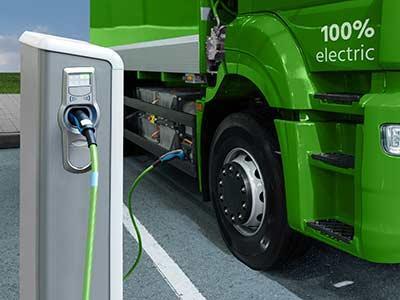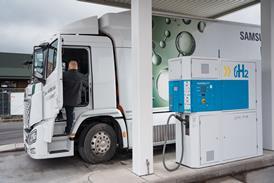Denmark is set to establish 25 new charging parks dedicated to electric trucks, strategically located to promote efficient charging access and support the electrification of heavy-duty transport. The first stations are expected to be operational by 2025, with a total charging capacity of 133MW distributed across 175 points.

Denmark is embarking on an ambitious plan to develop 25 new Charging parks specifically for electric trucks across the country. These charging stations are strategically positioned, with a maximum distance of 60 kilometres between each, equating to a total of 175 charging points.
Expected to commence operations as early as 2025, the first fast charging stations for electric trucks will be strategically located along major Danish highways. In total these stations will possess a charging capacity of 133MW.
The designated areas for these stations include regions surrounding Randers, Herning, Vejle, Padborg, and Køge. Additionally, Sund & Bælt will introduce a charging park near Nyborg in 2025, while the remaining 20 charging parks are slated for introduction through to 2030.
This initiative is currently in the preparation phase, with the construction of these charging parks to be facilitated through government tenders. The government invites private companies to competitively bid for the construction.
The announcement follows the EU’s approval of regulations for expanding electric vehicle and hydrogen charging infrastructure. Denmark is set to invest 683 million Danish kroner, approximately €91.5m, in this project. A significant portion of the investment, 313 million DKK, is allocated through the “Infrastructure Plan 2035,” aiming to promote accessible charging infrastructure on state roads from 2021 to 2030. The government is further committed to invest 370 million DKK to cover additional costs.
This development aligns with the EU’s Alternative Fuels Infrastructure Regulation (AFIR), part of the Fit for 55 package. The regulation mandates EU countries to establish charging stations for heavy commercial vehicles every 60km along the TEN-T core network, beginning in 2025. Each station is required to have a minimum output of 350 kW, facilitating a comprehensive network for electric truck charging across Europe.


















